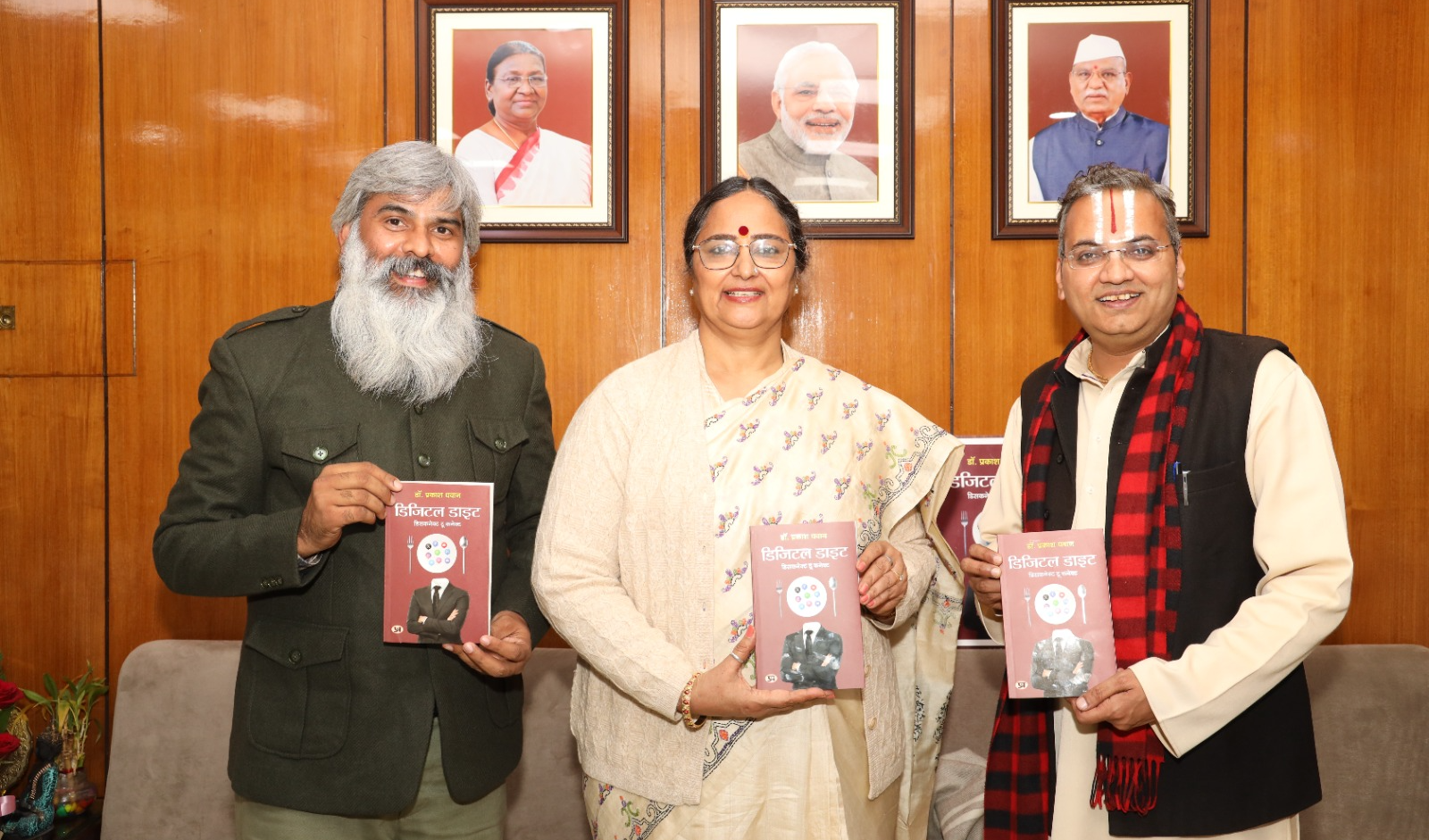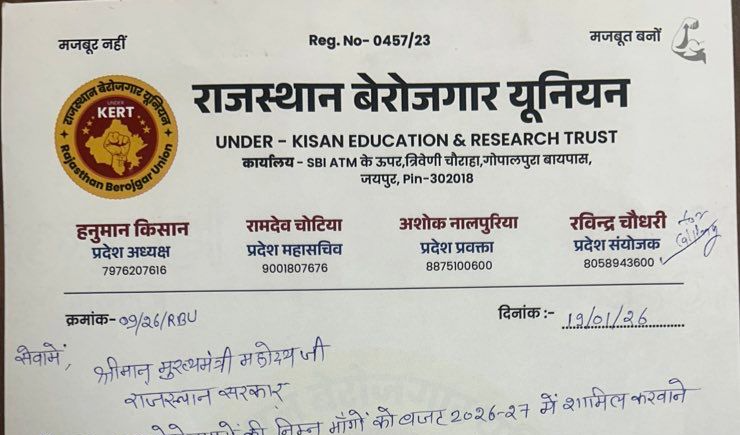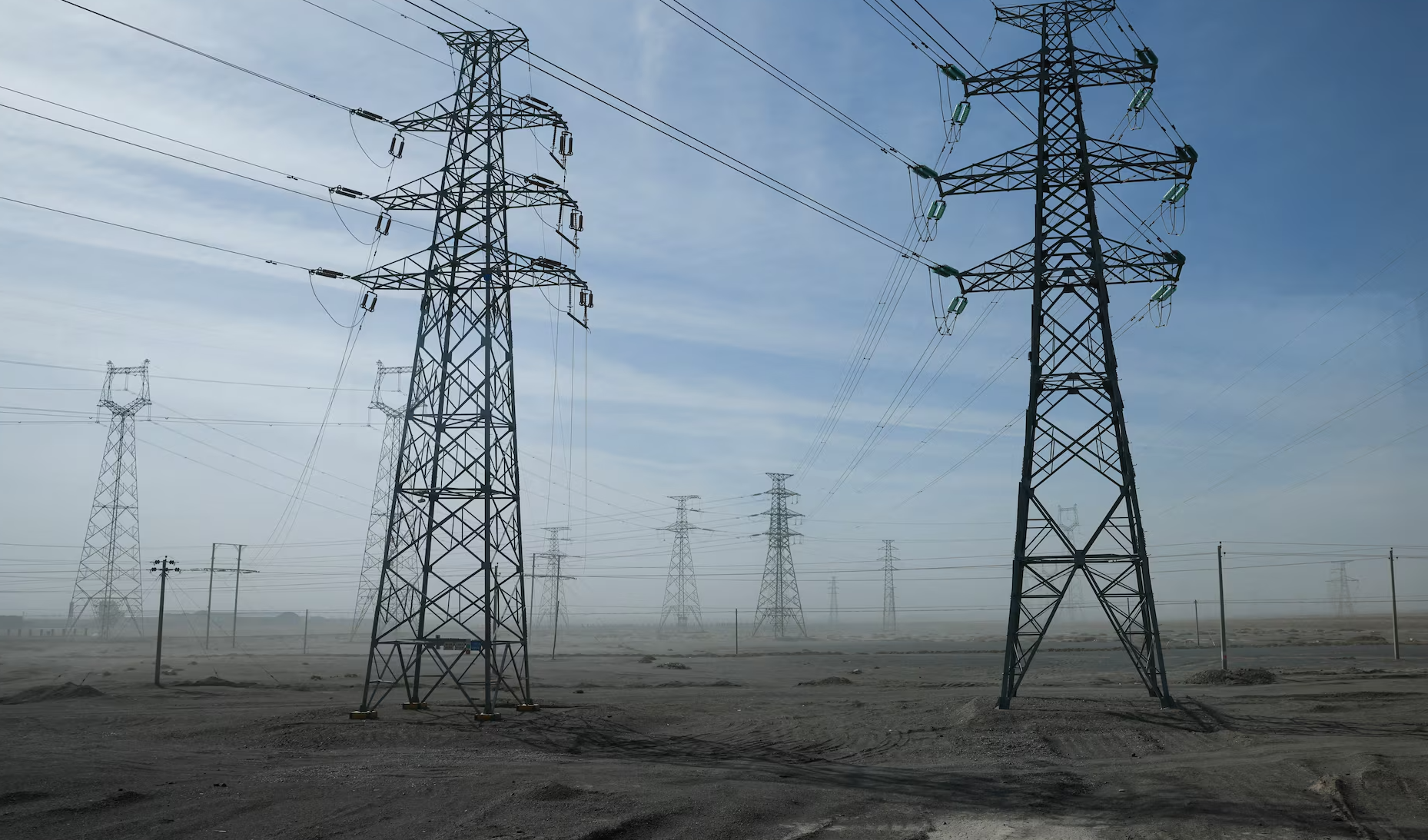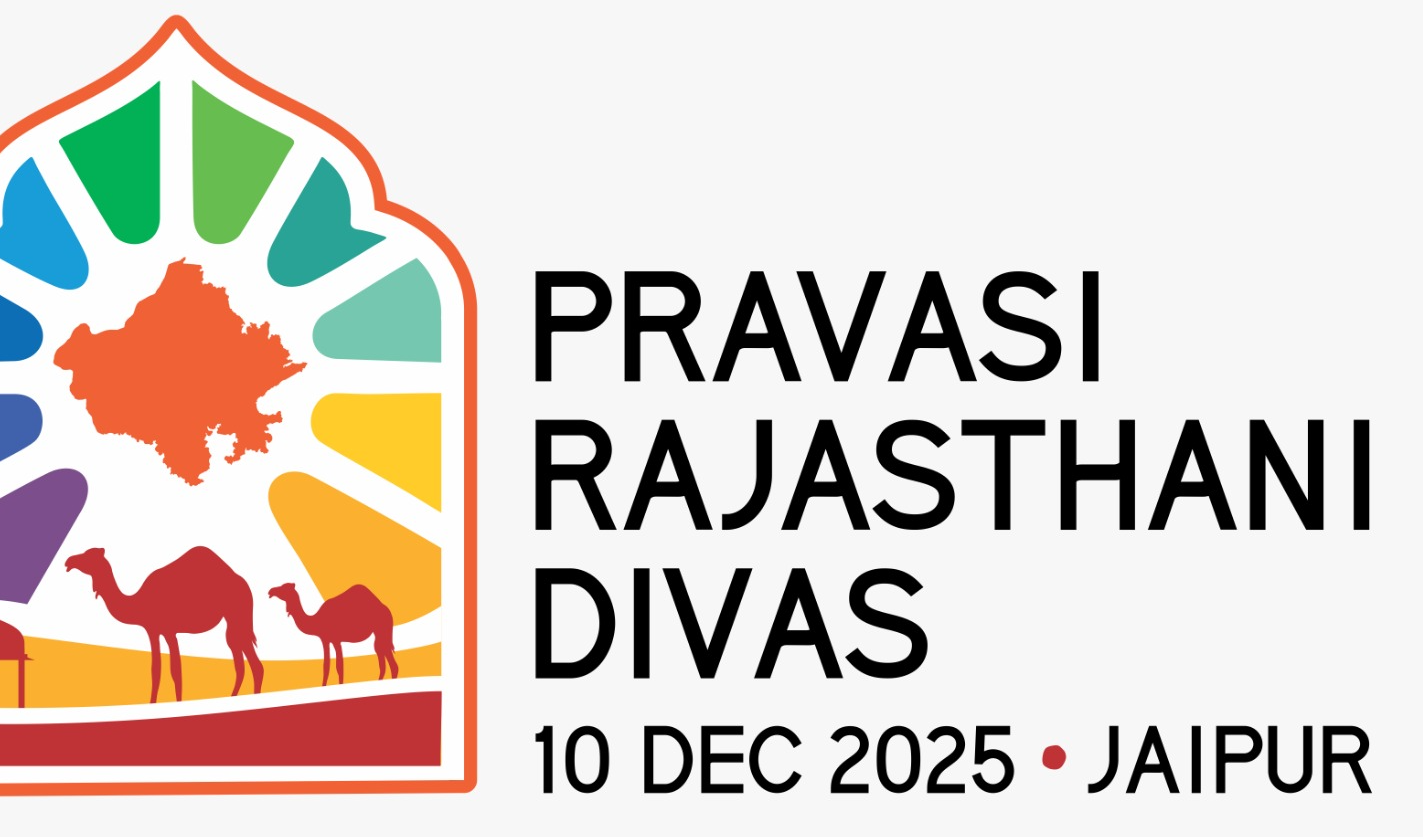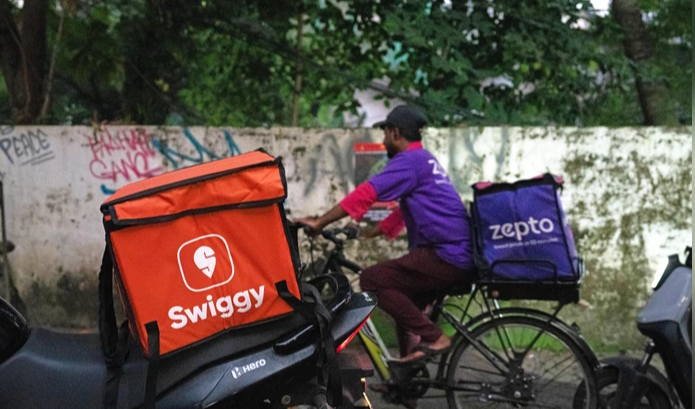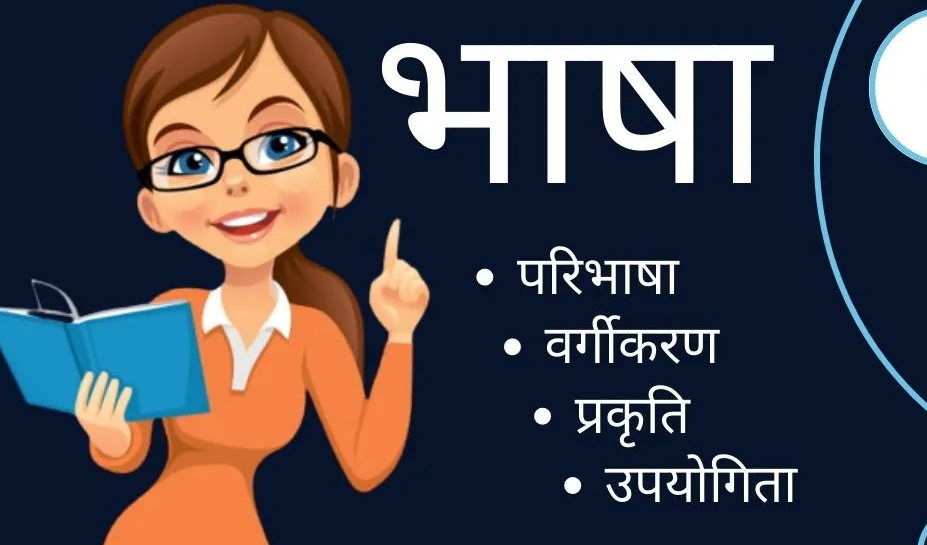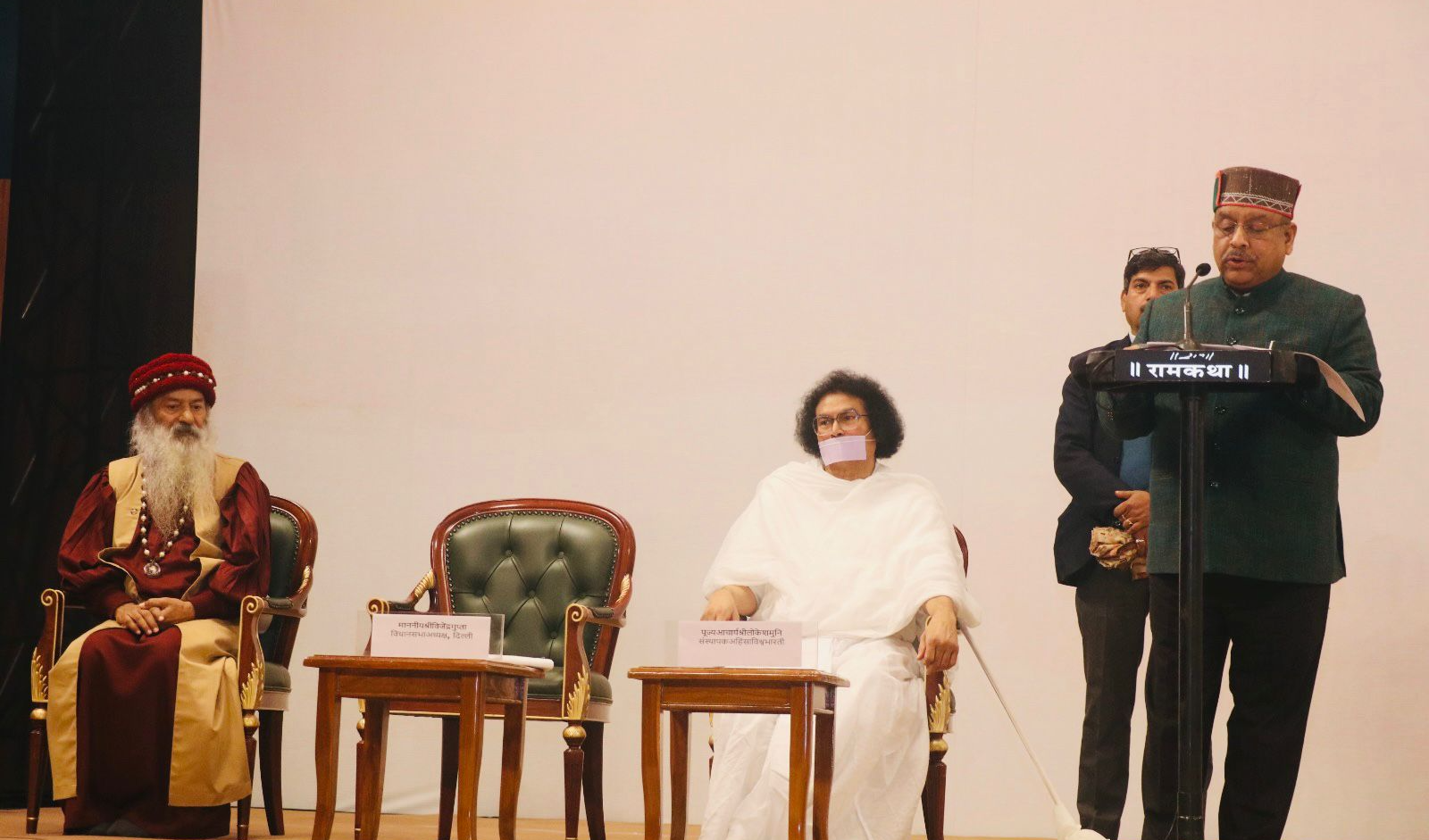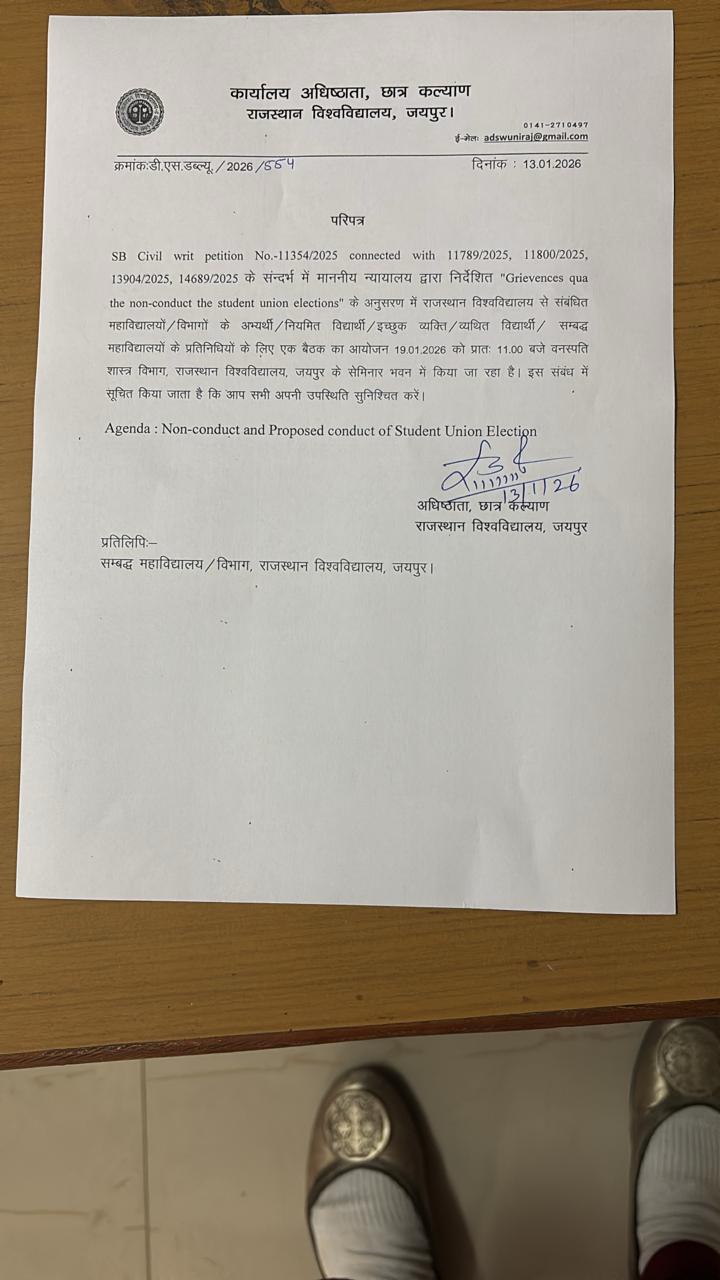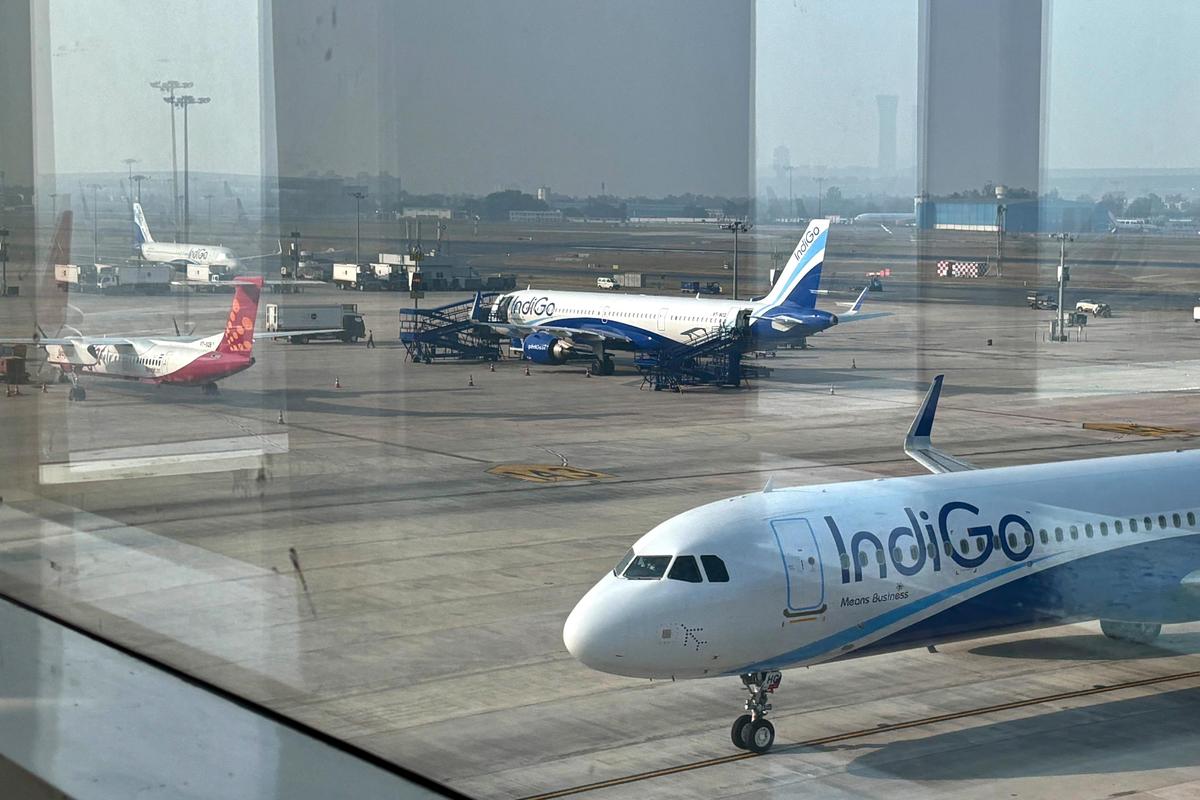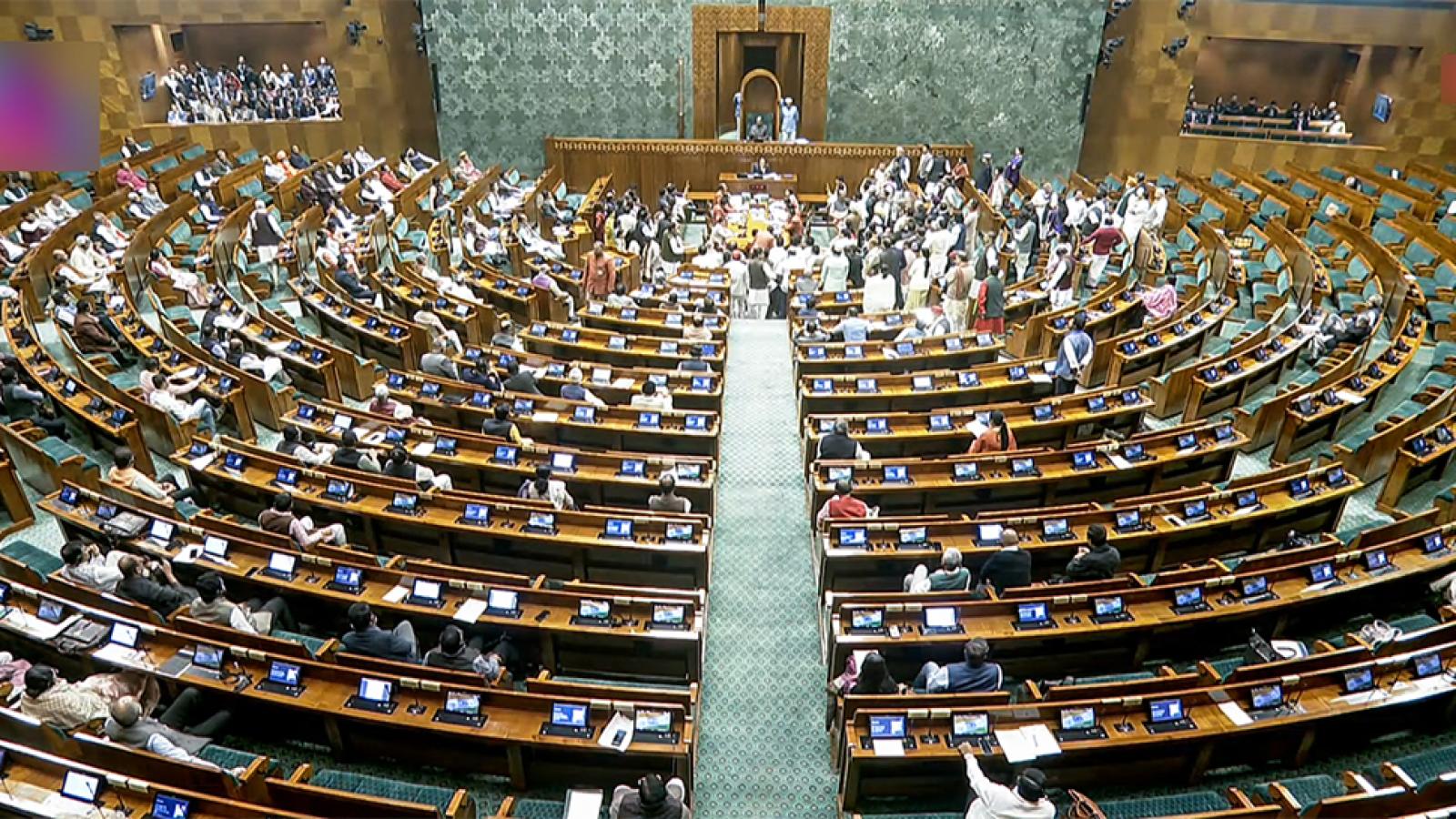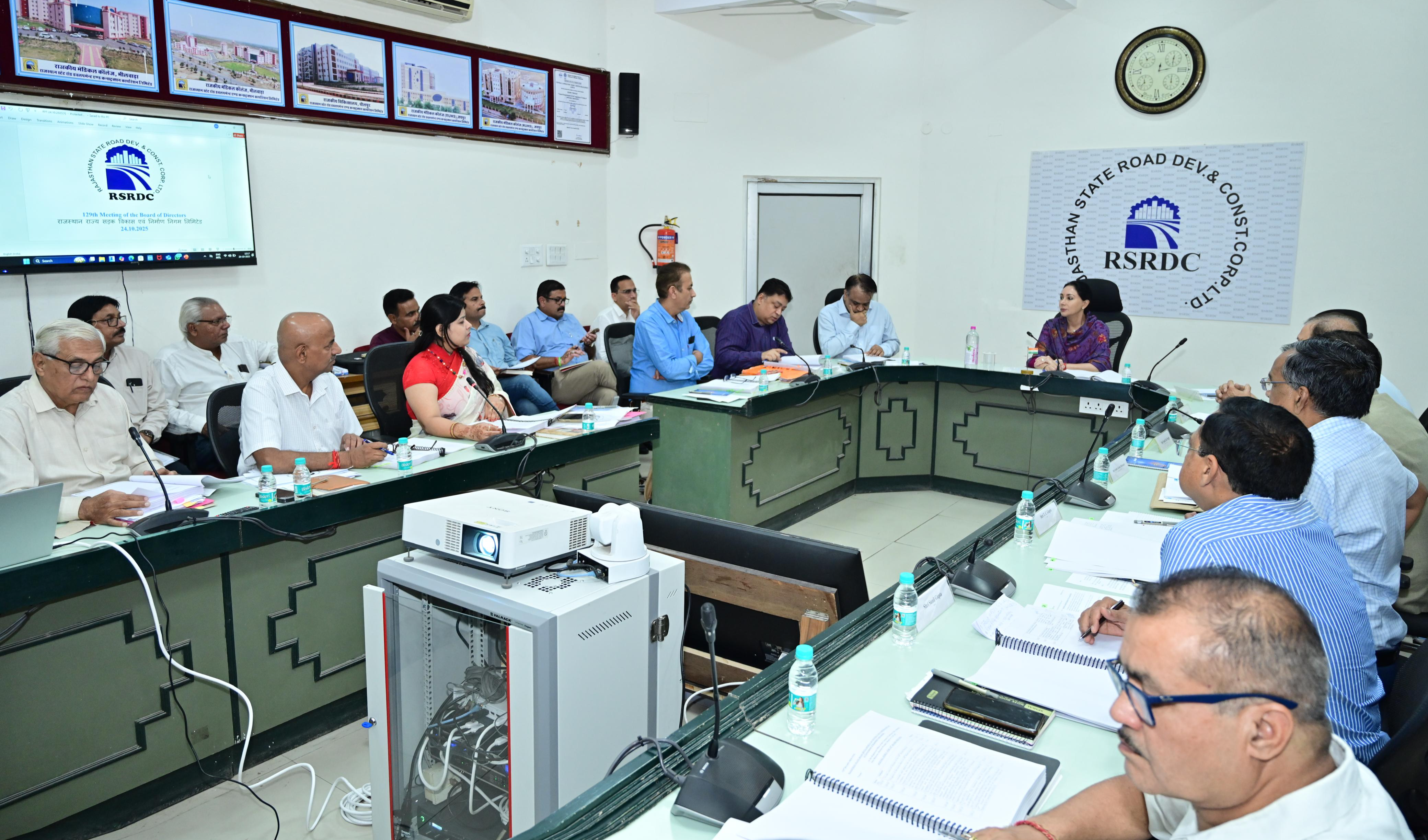Effective Date: May 19, 2025
These Terms and Conditions ("Terms") govern the use of the Yugcharan website and mobile application (collectively referred to as the "Platform"), developed and managed by Yugcharan, Jaipur (hereafter referred to as the "Service Provider").
By accessing, browsing, or using the Yugcharan website or mobile application, you agree to comply with and be bound by these Terms. Please read them carefully before using the Platform.
1. Use of the Platform
By using Yugcharan, you agree that:
-
You will use the Platform only for lawful purposes and in accordance with these Terms.
-
You will not copy, modify, reproduce, distribute, or reverse-engineer any part of the Platform or its content.
-
All copyrights, trademarks, and intellectual property related to Yugcharan, including text, video, audio, graphics, and design, remain the exclusive property of the Service Provider.
-
You will not attempt to extract source code, translate, or create derivative works based on the Platform.
The Service Provider strives to keep the Platform accurate, updated, and user-friendly but reserves the right to modify, suspend, or discontinue any feature, service, or access to the Platform at any time, without prior notice.
2. Content and User Responsibility
Yugcharan is a news and media information platform that shares news, podcasts, expert opinions, educational videos, and trending updates.
-
The Platform may display user-generated content (comments, opinions, or submissions). The views expressed by users or guests do not necessarily reflect those of the Service Provider.
-
The Service Provider reserves the right to moderate, edit, or remove any content that is offensive, defamatory, false, misleading, or violates applicable laws.
-
You agree not to upload or share any content that infringes copyrights, promotes hate, or violates privacy or community standards.
3. Data and Privacy
To enhance user experience, Yugcharan may collect certain information such as device data, usage analytics, or basic personal details voluntarily provided by users.
-
Personal data is stored and processed securely and only for the intended purposes of improving services.
-
The Service Provider is not responsible for unauthorized access to user accounts resulting from user negligence.
-
Jailbreaking or rooting your device is discouraged, as it may compromise the security and functionality of the app.
(Refer to our separate Privacy Policy for full details on how data is handled and protected.)
4. Third-Party Services
The Platform may include links or integrate third-party services and analytics. These services operate under their own Terms and Privacy Policies. You are encouraged to review their respective policies:
The Service Provider is not responsible for the content or practices of external websites or third-party services.
5. Limitations and Liabilities
-
Some features require an active internet connection (Wi-Fi or mobile data). The Service Provider is not responsible if the Platform fails to function due to connectivity issues.
-
You are responsible for any internet charges, roaming fees, or device-related issues incurred while using the Platform.
-
While every effort is made to ensure accuracy, the Service Provider does not guarantee that all information, videos, or articles are error-free or up to date.
-
The Service Provider is not liable for any direct or indirect loss resulting from the use or inability to use the Platform or from reliance on any content therein.
6. Updates and Termination
The Platform may require periodic updates for better functionality and compatibility. You agree to install such updates when available.
The Service Provider reserves the right to suspend or discontinue access to the Platform at any time. Upon termination:
-
All rights granted to you under these Terms will end immediately.
-
You must stop using and uninstall the app (if applicable).
7. Intellectual Property Rights
All logos, titles, brand names, and content under Yugcharan are protected under applicable copyright and intellectual property laws.
Reproduction or redistribution of any content, in whole or part, without written permission from the Service Provider is strictly prohibited.
8. Changes to These Terms
The Service Provider may revise these Terms periodically to reflect operational, legal, or regulatory changes. The latest version will always be available on the Platform. Continued use after updates implies acceptance of the revised Terms.
9. Editorial Guidelines
Yugcharan's general editorial stance is characterized by the following principles:
- Public welfare: A commitment to social responsibility and prioritizing the public good.
10. Contact Us
For queries, feedback, or concerns about these Terms and Conditions, please contact:




